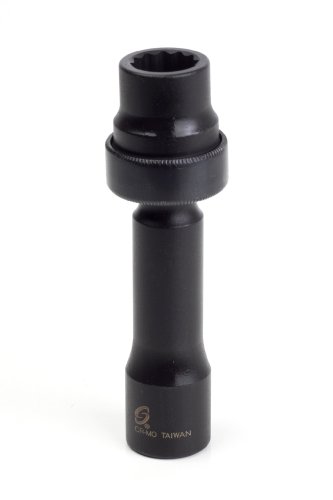- Joined
- Sep 30, 2010
- Messages
- 6,297
- Reaction score
- 1,249
- Location
- Mustang, OK.
- My Car
- 1972 Mach 1 Q code
2007 GT
1969 Cougar Eliminator B302
CSX 7000 Shelby Cobra FIA
2020 Edge ST
2002 F250 V10
Steve, There are some members here with less than a half century of living here, aren't there? The viscosity used is not a function of wanting to see a specific oil pressure. It is a function of bearing clearance and intended use, and sometimes specific "needs". I would not put 5w/anything in engine of this vintage, the clearances are too big for that, not to mention runout tolerances on cranks and rods. If the MEASURED bearing clearances are very close to factory specs and usage is not abusive, 10W30 should be fine. if the tolerances are a bit looser, a 10W40 may be the right pick. 10W40 might be the right pick for factory specs for an engine that is going to be "leaned on" frequently. I certainly could be wrong but, I think 20W50 should be reserved for pretty loose tolerances and or race applications. The 0W20 oil for these new cars is driven by the need to extract the last .001% of MPG by OEMs and VERY tight tolerances. I have a 2020 vehicle that calls for 5W30 and I use 5w40 for a little extra protection when it is 100 degrees and I decide I want to drop the hammer. I run a high volume, high pressure oil pump in a 331W with a solid roller cam in a street car (specific needs). I wanted the volume based on the slightly loose tolerances, significant RPMs, and the pressure to make the solid roller lifters live with significant time idling. That car has been on the street since 2000. Albeit with few miles per year. That is just one old geezer's take on the subject. Chuck




















































